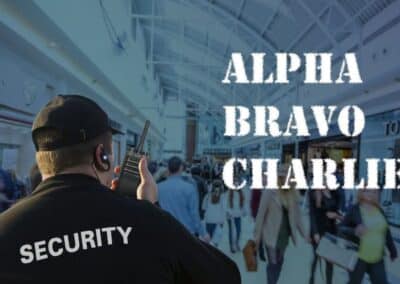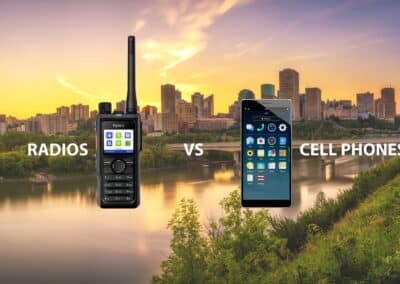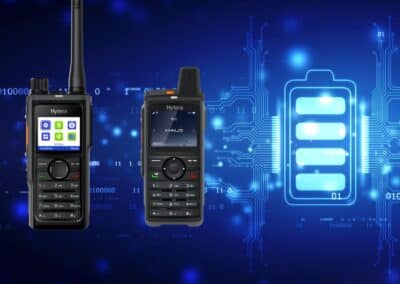Radio Lingo and Terminology
It is essential that everyone in your organization speaks the same radio lingo to ensure effective communications. Otherwise, you may find responders struggling to understand or failing to correctly answer communications directed to them by dispatchers.
Short-hand radio expressions have been around for decades. Back in 1937, the Association of Public Safety Communications Officials (APCO) developed the so called ‘ten-codes’. Historically used by law enforcement officers in North America, these brevity codes were used to represent commonly used phrases.
Since then, many industries have evolved standardized terms that are used as 2-way radio communication short cuts. The aim of these ‘dispatch signals’ is to boost communication response rates and collaboration between teams – and even different agencies.
But this only works if everyone uses the same agreed terminology. Which means your organization needs to define which terms will be used during message transmissions – or whether you are going to stick to plain English only.
To get you started, here is a list of some commonly used radio communication phrases, traditionally used in public safety and complex security environments, such as industrial settings or sports stadiums.
While some of this terminology has fallen into disuse, you may find that reviving some of these tried and tested phrases helps improve the effectiveness of your team’s communication.
Roger That
Message received and understood – similar to Ten Four or Copy That
Roger so far
Confirm parts of long message before continuing with rest of message
Affirmative
Normally used when a question is asked, and the reply is YES
Negative
Normally used when a question is asked and the reply is NO
Come in
Asking another party to acknowledge they can hear you
Go Ahead
I am ready for your message
Say Again
Repeat all your last transmission
Say all after/before
Repeat all after/before a certain key word or phrase
Radio Check
What’s my signal strength? Can you hear me?
Read You Loud and Clear
Your transmission signal is good
Wilco
I will comply
Stand By
Wait for a short period and I will get back to you
Wait Out
The waiting period is longer than expected – I will call you as soon as possible
I Spell
The next word will be spelt out using the phonetic alphabet
Over
Your message is finished – invitation for others to respond/transmit
Over and Out, or Out
All conversation is finished – no answer is required or expected
Break, Break
Interruption to a transmission to communicate urgently
Emergency Emergency
Distress call – used when there is grave or imminent danger to life – immediate assistance is required
Your organization may also use code words like Code Blue to indicate a non-crucial incident, Code Yellow for an incident requiring immediate response but is not yet dangerous, and Code Red for a serious incident.
If you work in the security sector, then you may employ terms like Cyclone to indicate a violent situation. If you operate in the marine or aviation industries, then you may use specific terms like MayDay to indicate urgent help is needed.
Whatever sector you work in, make sure everyone is familiar with the call signs used in your workplace. Because when everyone uses the same radio communications etiquette, it helps to ensure every message is heard loud and clear.
Please contact us if you have any specific questions about Hytera two-way radios.



